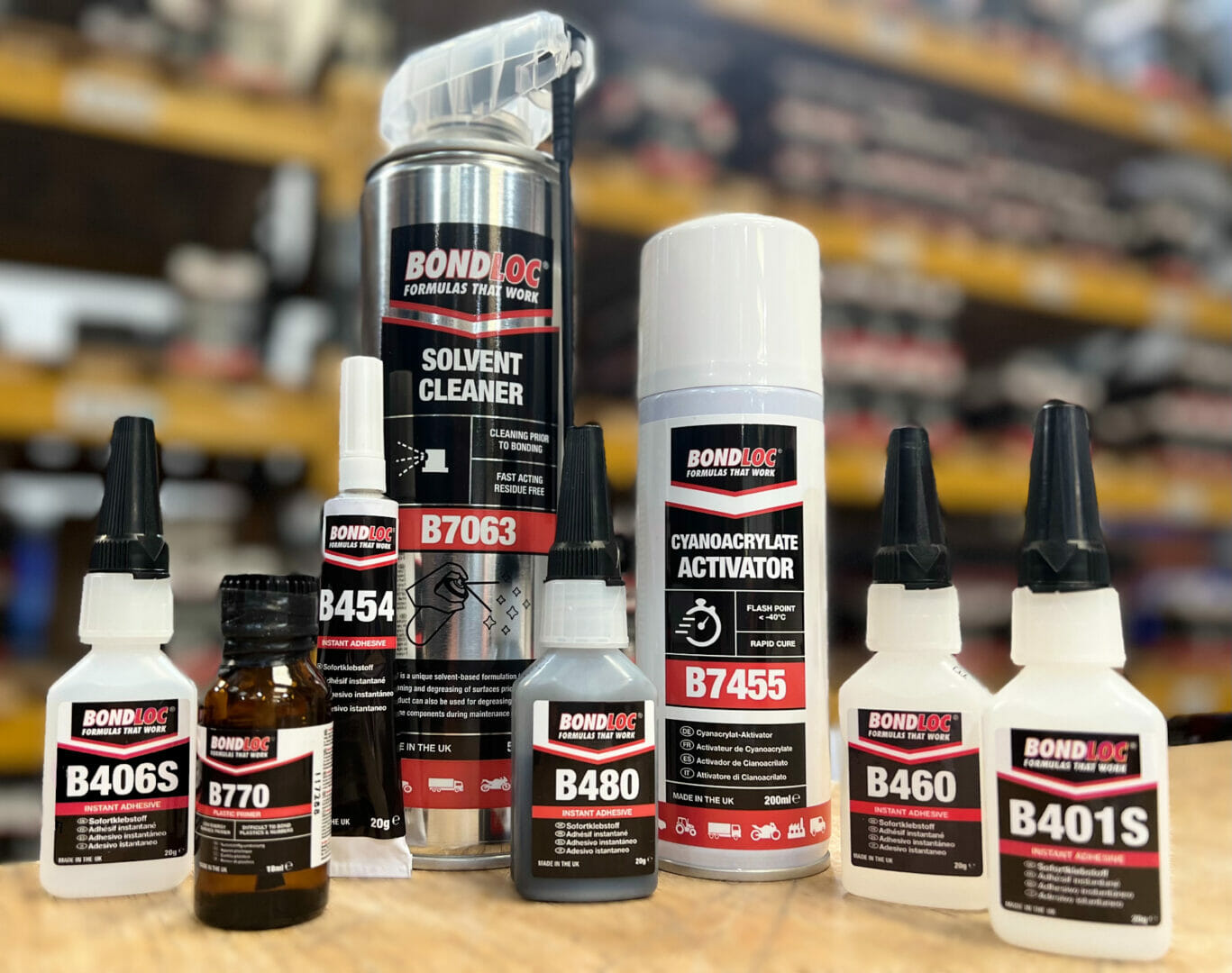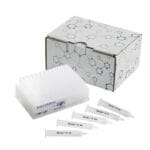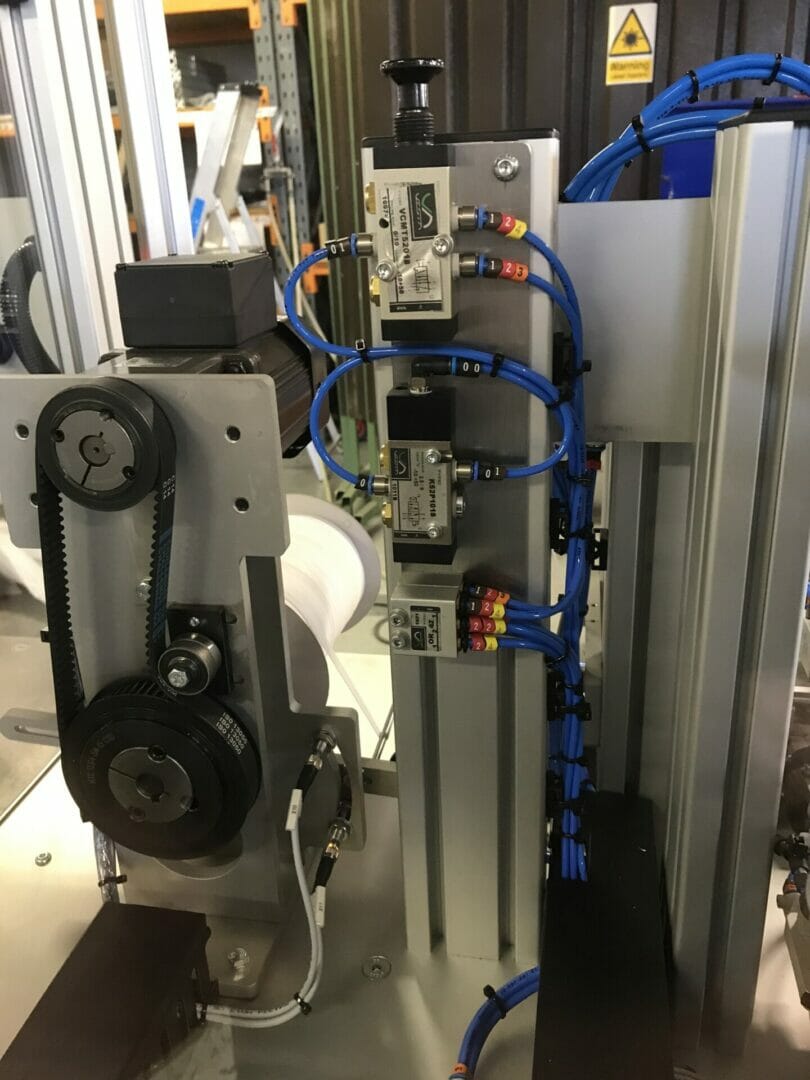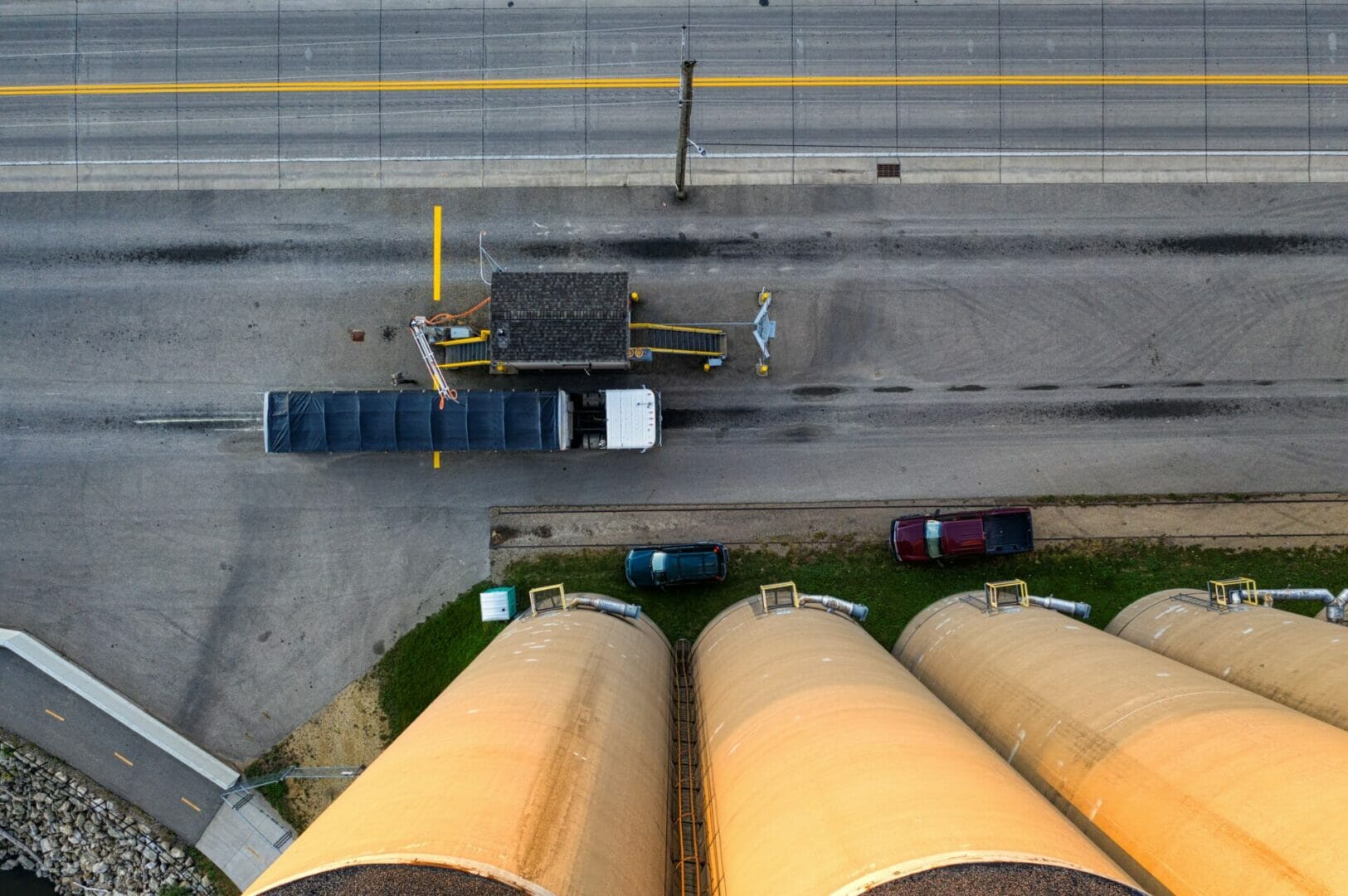Whether you know them as Instant Adhesives, Instant Glue, Super Glue, CA or more scientifically as C5H5NO2, Cyanoacrylate is the technical term known by most adhesive experts and it’s been around since the early 1950s. Invented, by accident, by Dr Harry Cooper who was trying to make clear plastic gun sights for Allied soldiers in WWII. The initial product was deemed to be “too sticky” but nine years later he found the potential of a product that would quickly bond a variety of substrates with only a tiny bit of moisture present. And, as its founding name suggests, just a one square inch bond of this product will hold around one tonne. Super indeed.
Cyanoacrylates will bond a wide range of substrates like metals, plastics, wood, glass, porous surfaces and sometimes (maybe accidentally) even human skin. It is a key industrial product used in automotive sub-assemblies, aerospace components, appliance part assembly, electronics, construction, and consumer products. A household staple for DIY quick fixes or hobbyists. Less known applications include crime scene investigations to dental lab model building, tissue bonding and mortuary operations.
This adhesive technology is composed of an acrylic resin or monomer that evolves to a plastic state after curing. Unlike some adhesives that cure by evaporation, cyanoacrylates instantly cure in the presence of moisture which reacts instantly on exposure to air, even with a small amount of relative humidity. It only bonds the surface where moisture is present, the reaction generates heat that forms a tough resilient bond instantly at ambient temperatures.
But not all cyanoacrylates are equal. In the UK, Bondloc formulates 3 main systems – Ethyl, Methyl and Alkoxy grades which cater for most applications. Each grade has unique characteristics; varying viscosities, ultra-fast or slow set times, high-temperature resistance, rubber toughened, non-blooming and low odour or gelled formulations for vertical or overhead bonding applications.
To complement the Bondloc range we have several cleaners, accelerators and surface primer products when used in conjunction with our adhesives, will ensure the bond performance is fully maximised.
We can also provide surface primers that overcome the challenges of “difficult to bond” low surface energy substrates such as polypropylene, polyethylene, PTFE, and thermoplastic rubber materials. Surface primers are used when dealing with inactive surfaces and prepares the surface for better adhesion.
Our range has developed over the years from our customer’s specific engineering challenges, manufacturing problems and an in-depth understanding of the varying applications. Working collaboratively is key to the overall success of the product.
Being able to discuss specific applications with our technical team and to sample and trial products from our own lab ensures you are using the best and most efficient technology for the job. The financial benefits of working together bring efficient production, a streamlined adhesive inventory and substantial cost savings by avoiding the high-ticket premium prices demanded by some adhesive brands.
You don’t need to be the adhesive expert, but you do need a reliable, approachable, and pro-active adhesive supplier that you can work with effortlessly. Let’s stick together.









